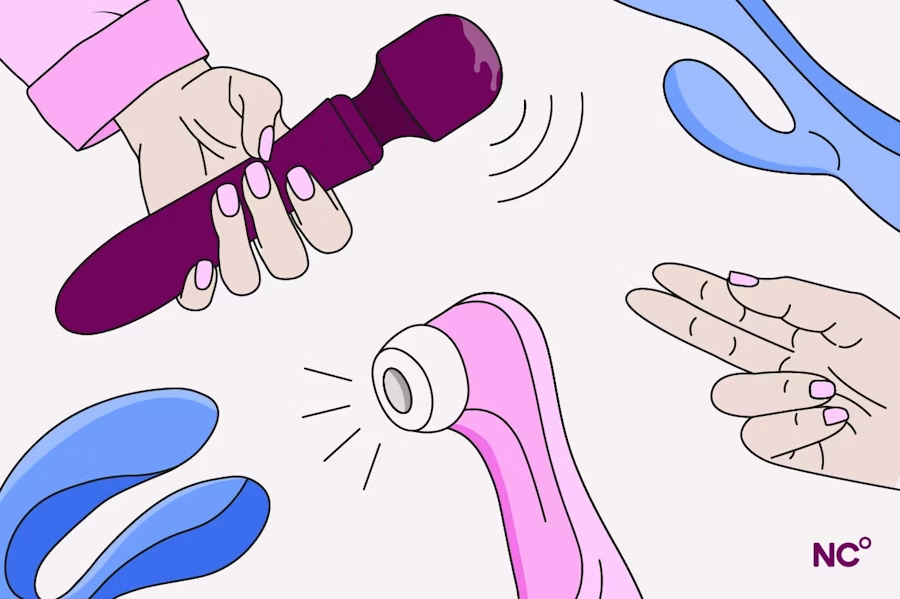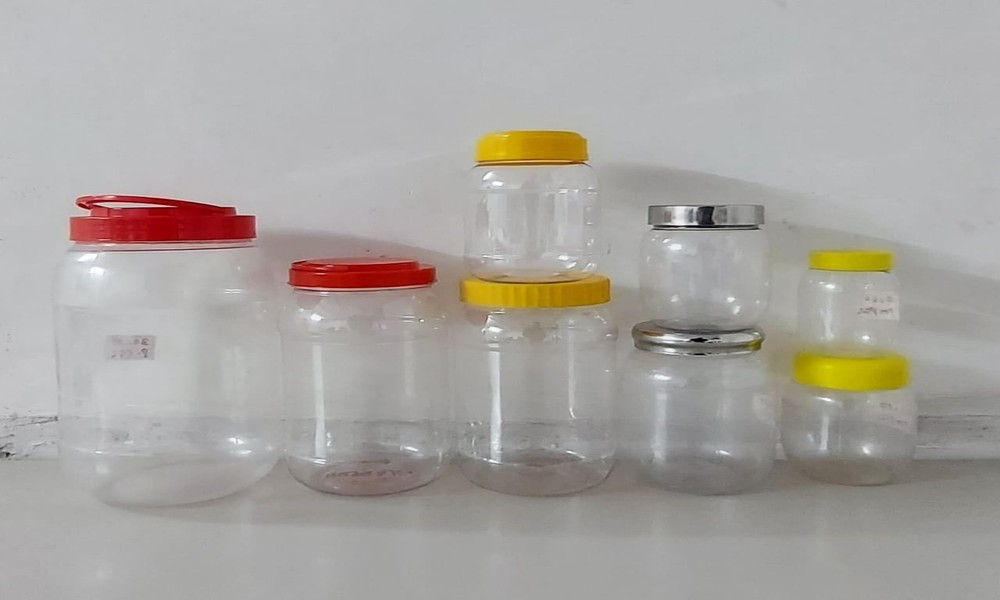Recovery isn’t just about stopping use—it’s about rediscovering purpose, building resilience, and stepping into life with new tools. For individuals seeking a meaningful next step beyond basic outpatient care, a daytime intensive treatment model offers a powerful option. It allows you to remain in your environment while receiving structured support and therapeutic depth.
What This Level of Care Provides
In a program like this, the day is filled with clinical sessions, peer-group work, wellness activities, and educational forums—all designed to address the emotional, physical and behavioural dimensions of recovery. You return each evening to a familiar space, combining the advantages of immersive therapy with real-world reintegration. This balance helps you test the skills you’re developing in the context of your actual life.
Such an approach works especially well for those who’ve already begun detox or residential care, and who are now ready to step into a regimen that’s intense yet not 24-hour residential. Research shows that these programs—sometimes called a partial hospitalization program (PHP)—provide a structured span of care with continuity and depth.
When you’re looking into options like addiction rehab in Dallas, TX, the key is finding a program that combines therapeutic intensity with access to your everyday life. That blend can make all the difference in establishing real, sustainable change.
Deep Dive into Treatment & Transition
In such a setting, you are surrounded by a multidisciplinary team: therapists, medical professionals, holistic specialists and wellness coaches. Your treatment is tailored—as each person’s story, triggers and strengths differ. For many, addressing co-occurring mental health conditions alongside substance use is crucial. A comprehensive program recognises that underlying trauma, anxiety, or mood disorders often drive the substance-use behaviour.
During the treatment day you may participate in cognitive behavioural therapy (CBT), dialectical behaviour therapy (DBT), group sessions focused on relapse prevention, family involvement, and holistic supports like yoga or creative arts. Then evenings become a chance to apply these new skills—whether in navigating daily life, restoring relationships, or re-engaging with work or education.
For those exploring drug and alcohol rehab in Dallas, this level of care stands out because it doesn’t remove you completely from life—it engages you in life. You sharpen your coping tools while still living your life out. That practical integration often leads to higher resilience and readier transition into the next phase.
Choosing the Right Fit
When selecting a programme, aim for one that offers high-frequency day treatment—sessions five or more days per week, four to six hours or more per day—to maximise benefit. Guarantee the facility addresses both substance use and mental health, offers medication-assisted treatment if needed, and provides clear pathways into less intensive care when you’re ready.
Equally important: the environment must feel supportive and human. You should be seen not just as a “case”, but as a person with a story. This means personalised treatment planning, peer relationships, and a community ethos. A program aligned with this philosophy offers the structure you need now and prepares you for long-term stability later.
If you’re searching for addiction rehab in Dallas, TX or considering your options for drug and alcohol rehab in Dallas, think of this day-intensive model as a strong bridge—between crisis intervention and full independence. It’s more than therapy hours; it’s about stepping into your life with new purpose and support.
When you commit to that next step, you’re not just responding to what’s happened—you’re moving toward what’s possible. And when that step includes the right treatment level, tailored care, and real-world integration—recovery isn’t just a destination, it becomes a new way of living.














